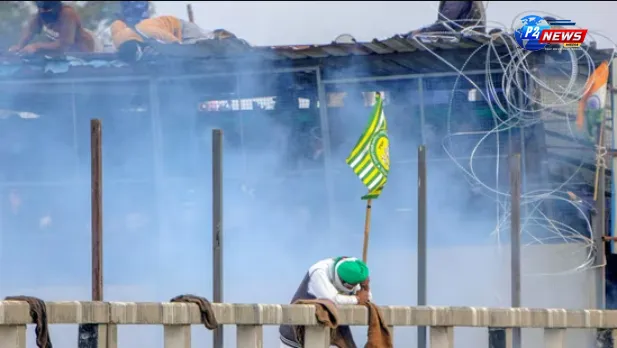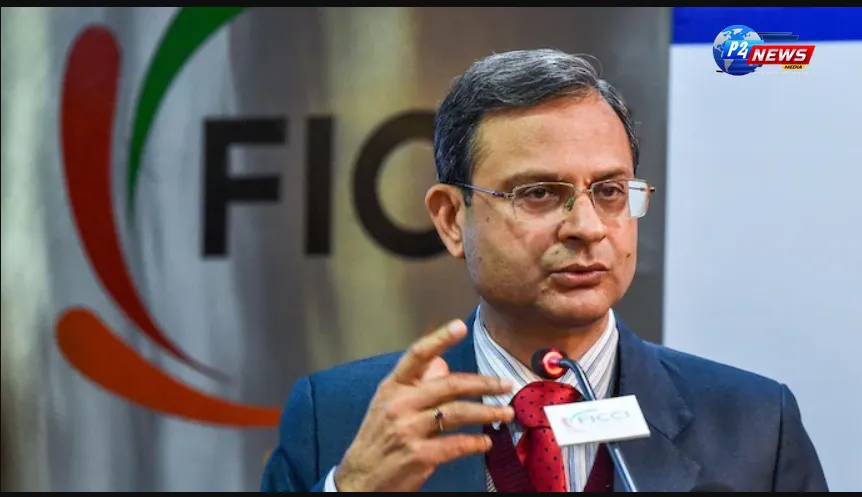Syrian Prime Minister Mohammed Ghazi Jalali has signaled a willingness to collaborate with rebel forces following the departure of Bashar al-Assad, who sought asylum in Russia. This development marks a potential shift in the ongoing conflict dynamics.
Syrian Prime Minister Mohammed Ghazi Jalali made efforts to convey a sense of normalcy on Monday, asserting that a majority of cabinet ministers continue to operate from their offices in the capital, Damascus. This declaration follows the departure of former president Bashar al-Assad, who fled the country in search of asylum in Russia amidst a backdrop of armed rebellion.
On December 9, 2024, an anti-government fighter was seen waving an Islamic flag from a tank in the heart of Damascus, as crowds gathered in the main square to celebrate the fall of Assad’s regime. Jalali insisted that the security conditions had improved since the prior day, stating on Sky News Arabia TV, "We are striving to ensure that the transitional phase is swift and seamless."
Moreover, he mentioned that the government is in "coordination" with the insurgents and expressed a willingness to meet with the rebel leader Ahmad al-Sharaa, previously identified as Abu Mohammed al-Jolani. This statement comes despite significant numbers of government officials abandoning their posts due to fears of retaliation from armed groups, particularly those associated with Hayat Tahrir al-Sham (HTS).
Officials who are prepared to persist in their duties are steadily acclimatizing to the new circumstances unfolding around them. Judge Khitam Haddada at the Court of Justice in Damascus indicated that the judiciary is prepared to resume operations as swiftly as possible. "Our aim is to ensure that everyone's rights are honored. We aspire to construct a new Syria and to maintain our work, albeit employing novel methodologies," Haddada expressed outside the court.
On the morning following Assad's ouster, life in Damascus appeared subdued as residents attempted to adapt to a transformed reality. A majority of shops and governmental entities remained shuttered, as many took to the streets in celebration of Assad's departure. Although public transportation faced interruptions, civilian vehicles gradually resumed operations, and long queues could be observed at bakeries and food outlets.
As for the United Nations, reports from their officials in Syria highlighted that numerous government services had come to a "standstill," as anxious employees chose to remain at home. The delivery of medical assistance has faced delays as aviation personnel deserted their posts amid the prevailing uncertainty. Adam Abdelmoula, the U.N. Resident and Humanitarian Coordinator for Syria, remarked, "The public sector has completely ground to a halt," noting the sudden shift from over five decades of authoritarian governance to a new regime.
Reacting to this monumental change, the rebel factions have attempted to alleviate concerns among the populace. In videos circulating on social media, a rebel fighter conveyed a message of reassurance to citizens residing in the Mezzeh neighborhood of Damascus. "We harbor no animosity toward you, regardless of whether you identify as Alawite, Christian, Shiite, or Druze, but it is crucial that everyone conducts themselves appropriately and refrains from aggression toward us," he stated.
Additionally, the rebel leadership announced that they would refrain from providing directives to women regarding their attire, reaffirming their commitment to representative governance and fostering religious inclusivity. In a public statement, the General Command emphasized, “It is absolutely forbidden to interfere with women’s clothing choices or impose any requests concerning their appearance, including matters related to modesty.” As these developments unfold, Syria finds itself on the brink of a new chapter, one marked by uncertainty yet filled with the potential for transformation.
















Comments 0